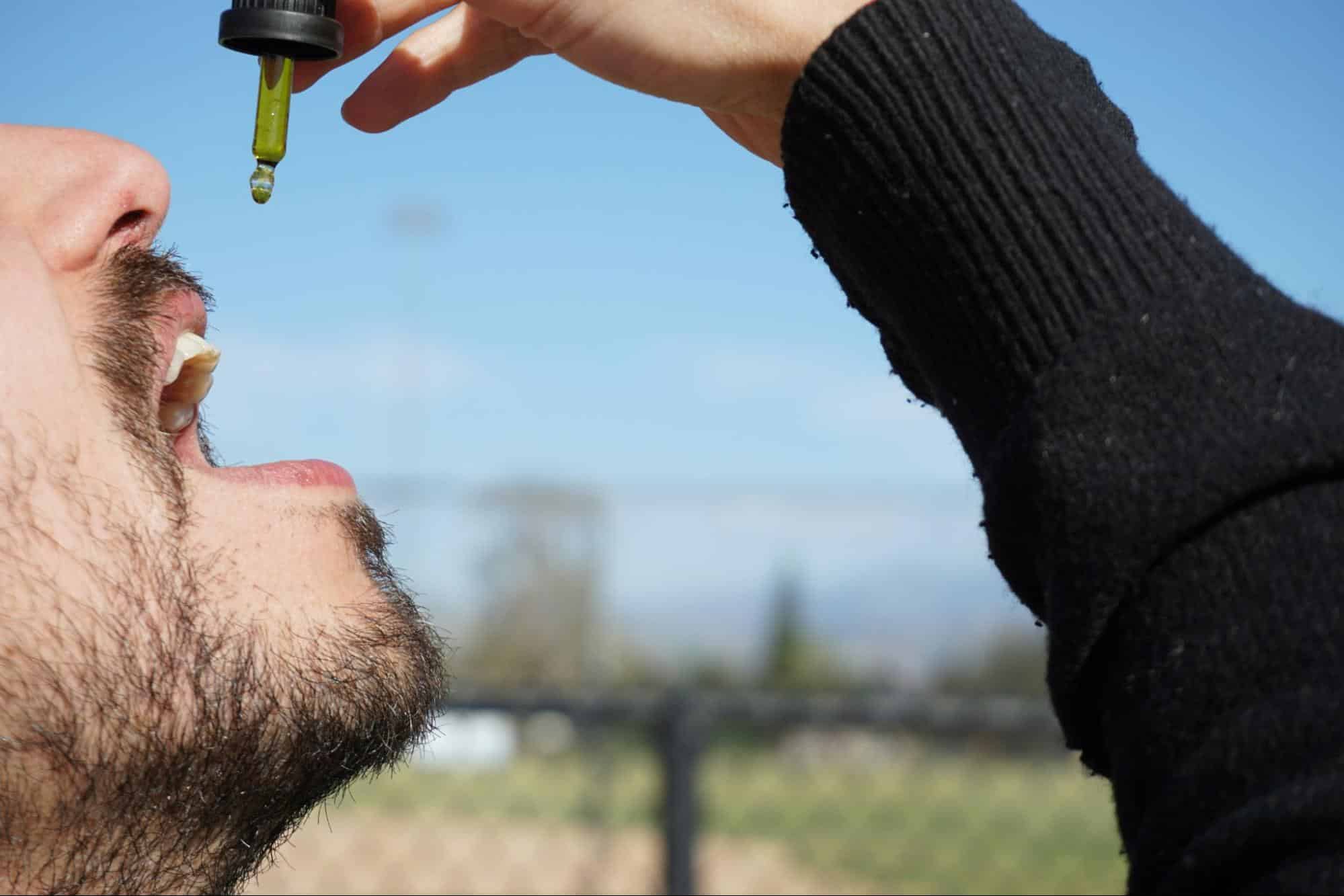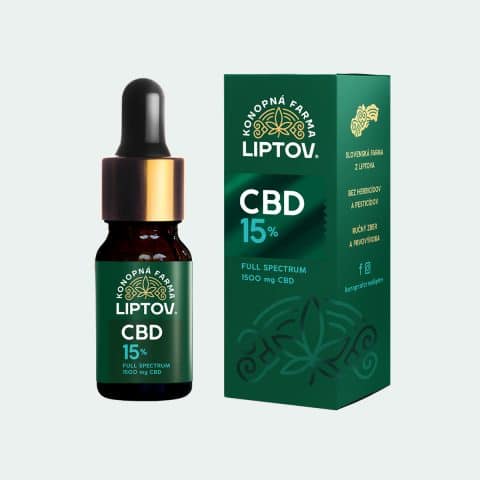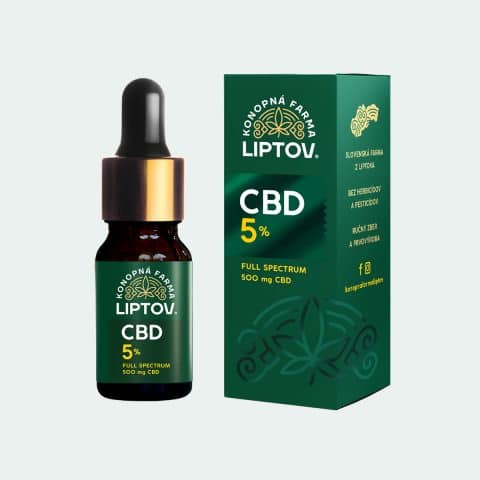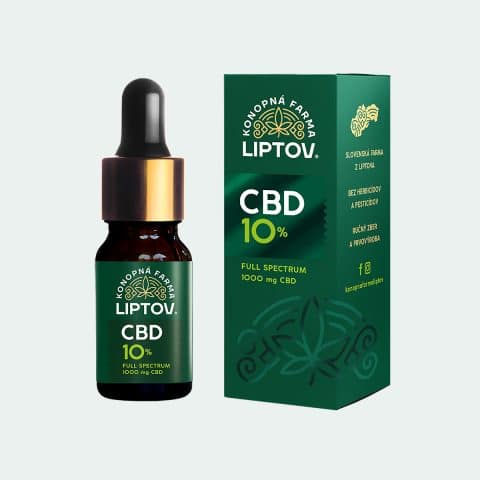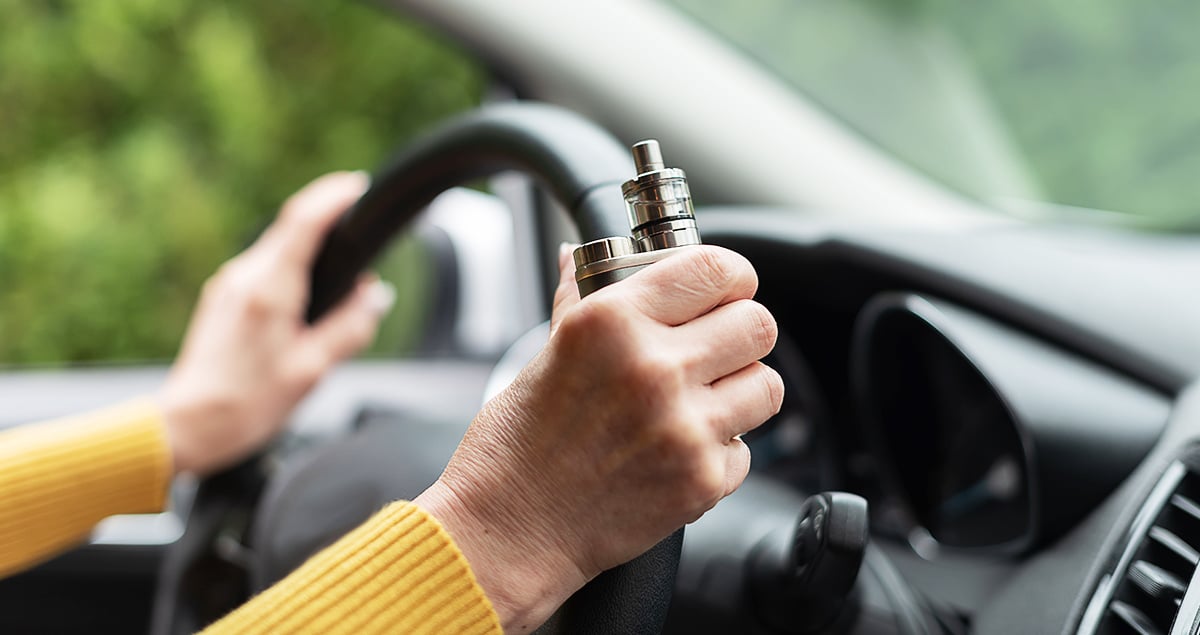Over-the-counter antidepressants. Will they help with depression?

Depression is a serious health problem that affects millions of people worldwide. For many people, it becomes a daily struggle that interferes with all aspects of their lives – from personal relationships to work responsibilities. Lost joy in things that used to always put a smile on their face, disinterest in things they used to enjoy, sadness alternating with irritability, these are all answers to the question – What is depression. But how to fight depression or postpartum depression? What helps for it? Come and read our article, thanks to which you will learn what depression is, and how it can be fought, for example, thanks to antidepressants without a prescription.
What is depression?
Depression is a mental illness that manifests itself in prolonged sadness, loss of interest in activities that used to be fun, and a general decline in energy. But that’s not all. It doesn’t just have to manifest like this through emotional symptoms, depression can cause physical symptoms. With depression you may not feel like eating, hence affecting your weight, often people also experience sleep problems, either it is frequent waking or trouble falling asleep. It can also affect your memory and problems concentrating, and physical pain is also not uncommon.
So if you’re asking what depression is, it’s a complex illness with many possible causes, including genetic predispositions, chemical imbalances in the brain, stressful life events, or chronic health problems.
Diagnosis is needed in order to combat depression in any way, whether through prescription or over-the-counter antidepressants. It basically starts with a comprehensive interview with a doctor or psychologist who will assess the symptoms and their duration. Depression also needs to be identified early in order to be effectively combated. Because depression is not just a bad mood, it is a serious illness that affects quality of life to a very large extent and, in the worst cases, leads to suicidal thoughts or suicide attempts.
How can depression be treated?
Now that we have explained what depression is, it is essential to explain and talk about how depression can be fought. Very often, people seek different treatments to finally find relief and start enjoying their joy of everyday life again. Most often, depression is dealt with through psychotherapy, medication (prescription or over-the-counter antidepressants), or a combination of the two is also very effective.
There are a number of therapeutic approaches to how depression is treated, and among the most effective are cognitive-behavioral therapy (CBT) and interpersonal therapy (IPT). CBT focuses on recognizing and changing negative thought patterns and behaviors, while IPT focuses on improving interpersonal relationships.
The most common ones also include the use of antidepressants, but these usually require a doctor’s prescription. These medications are therefore prescribed by doctors based on medical conditions. In recent years, however, there has been more and more talk about non-prescription antidepressant treatment options. The advantage, however, is that through appropriate therapeutic treatment, on average 70-90% of patients with depression can recover completely.
Antidepressants that are prescription
Depression also affects chemical processes in the brain, which can be modified through the use of prescription antidepressants. The advantage is that they are not addictive. If patients begin to combat depression through antidepressants, they may already notice initial improvements in themselves after the first two weeks. But here it is essential not to stop the treatment and to continue it further, as the real effect will only come after 2-3 months.
If after several weeks of taking prescription antidepressants there is no or minimal effect, the psychiatrist usually adjusts the dosage, adds a new medication or suggests an alternative. In some cases, it may be appropriate to combine antidepressants with other psychiatric medications, such as mood stabilizers.
Psychiatrists usually recommend continuing to take prescription antidepressants for up to six months or more after symptoms of depression have improved. However, there are some patients who have a high risk of recurrence of depression for a number of reasons, and for these people, it is recommended to take the medication for much longer.
Side effects of antidepressants
However, everything pro has a con, and almost every medication, not just prescription antidepressants, has its side effects. But how is it with antidepressants?
Common side effects include nausea, insomnia, weight gain, decreased sex drive or erection problems, dry mouth, blurred vision and dizziness. Some prescription antidepressants can also increase the risk of suicidal thoughts and behaviour, especially in younger people and early in treatment.
Over-the-counter antidepressants and their benefits
Since many people are looking for more natural treatments that do not have side effects, antidepressants, which are over-the-counter, are the solution they are looking for to combat depression. Here, of course, we include natural preparations and herbs.
The most well-known over-the-counter antidepressants include St. John’s wortwhich is used to treat mild to moderate depression. Research shows that St. John’s wort may be effective in relieving symptoms of depression, although its effectiveness and safety may be lower than those of prescription antidepressants.
Another popular option are omega-3 fatty acidswhich are found in fish oil and have proven benefits for brain health. Adaptogens such as ashwaganda and rhodiola are also often used to improve mood and increase resistance to stress. Valerian is also beneficial in the treatment of anxiety disorders and sleep problems, especially when used in combination with St John’s Wort extract.
The advantage of these natural alternatives is that they are available without a prescription and have fewer or no side effects than prescription antidepressants, the effects of which can scare many people away. However, the effectiveness of these natural over-the-counter antidepressants to combat depression can be individual and it is always a good idea to consult a doctor about their use.
CBD for depression
CBD, or cannabidiol, is the non-psychoactive component of the cannabis plant that has seen a huge surge in fame in recent years. CBD oils are taken for a number of health problems, and are also a potential remedy for relieving symptoms of depression. Unlike THC, which is also a well-known ingredient in cannabis, CBD does not cause a “high” effect, meaning it does not have intoxicating effects.
CBD works by interacting with the endocannabinoid system in the human body, which plays a key role in regulating mood, sleep, appetite and other essential functions. CBD mainly affects the serotonin receptors in the brain, which are responsible for feelings of happiness and well-being.
Research into the impact of CBD oils on depression, as a replacement for prescription antidepressants, is still in its early stages and there is a lack of large-scale clinical trials to conclusively confirm its effectiveness in combating depression. Still, some studies suggest promising results.
CBD oils however, have many health benefits, we have discussed more about this in the article CBD drops and their effects.
How to avoid depression?
To avoid having to deal with how to fight postpartum depression or classic depression, you can take a few precautions that can help you avoid depressive states.
Take care of your physical health
- Exercise – Physical activity increases endorphins, which improve mood and reduce stress. Try to exercise or engage in some physical activity 5 times a week for at least 30-60 minutes. With regular exercise, you are less likely to have to battle depression.
- Eat healthy – if you eat a healthy and balanced diet, you will feel better, your body will of course be grateful, healthy and this will only have a positive impact on you and your mental health. Also avoid processed foods, sweets and unhealthy fats.
- Get enough sleep – Sleep deprivation can worsen symptoms of depression and obviously has a negative impact on a person’s health. Try to get at least 7-8 hours of sleep every day.
Take care of your mental health
- Learn to manage stress – Chronic stress can gradually lead to depression and sooner or later you will have to fight it. To avoid getting into this state, learn stress management techniques such as deep breathing, meditation, breathing exercises or yoga.
- Spend time with loved ones – Strong social ties are important for mental health. Spend time with family and friends who support and understand you.
- Do what you enjoy and find fulfilling – engage in activities that bring you joy and pleasure. Whether it’s reading, painting, dancing or playing sports, find time for fun and relaxation. Just find a hobby that you do often to relax your brain and come up with other ideas.
Sources
- https://www.webmd.com/cannabinoids/cbd-depression-anxiety
- https://www.psychiatry.org/patients-families/depression/what-is-depression
- https://www.ncbi.nlm.nih.gov/pmc/articles/PMC8980587/
- https://www.who.int/news-room/fact-sheets/detail/depression
- https://www.nimh.nih.gov/health/topics/depression#part_2257
Products in the article
-
Product on saleCBD oil 15% full spectrum63,68 €
64,00 € -
Product on saleCBD oil 5% full spectrum28,86 €
29,00 € -
Product on saleCBD oil 10 % full spectrum – premium45,77 €
46,00 €

